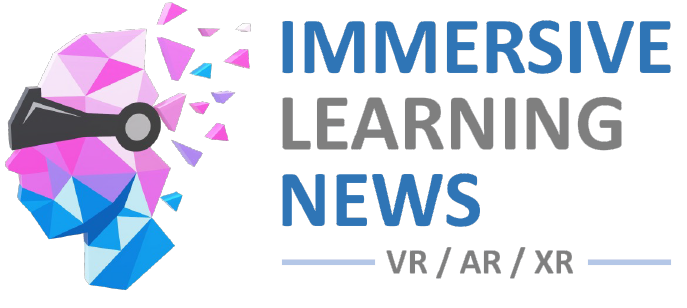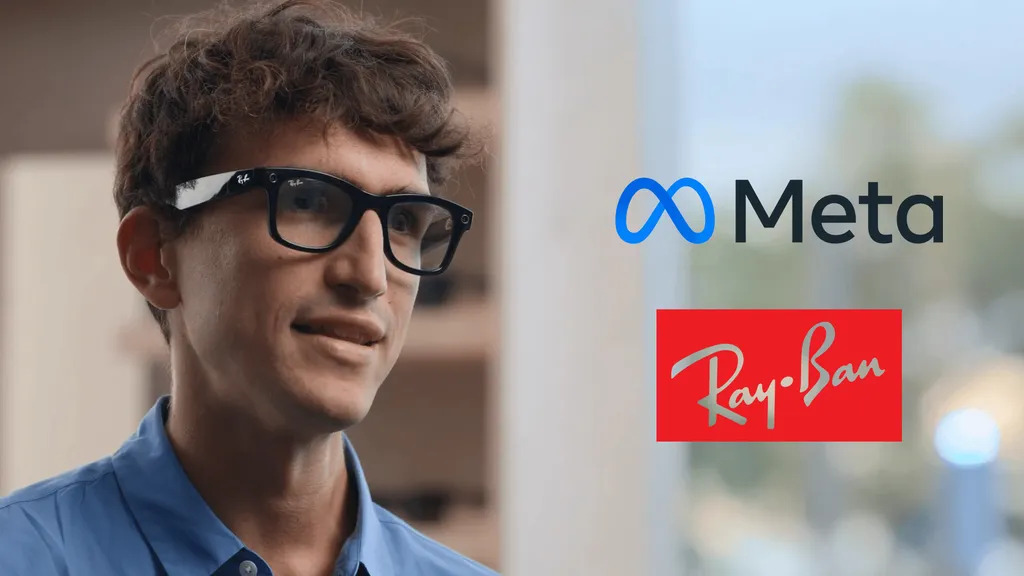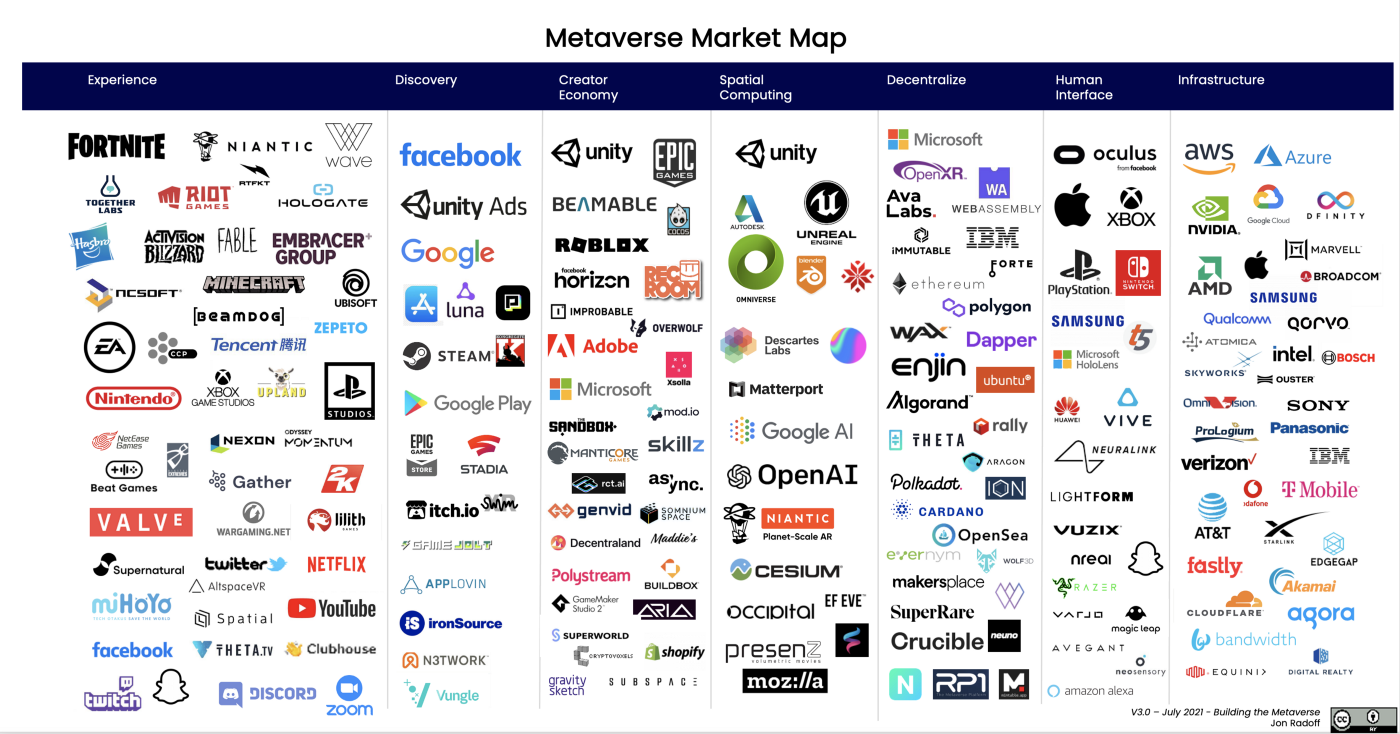The next generation of Ray-Ban Meta glasses will arrive later this year with a small heads-up display (HUD), The Financial Times reports.
This contradicts previous reporting from The Information back in July. That report also said Meta HUD glasses were coming in 2025, but claimed that they won’t be a partnership with EssilorLuxottica, and thus won’t have Ray-Ban styling or branding, because the company „balked“ at the thickness of designs with a waveguide projector included.
This suggests one of the two outlets is mistaken. However, The Information’s report came months before Meta extended its partnership with EssilorLuxottica “into the next decade” to develop “multi-generational smart eyewear products” and invested a 5% stake in the company, so it’s also possible that Meta managed to persuade EssilorLuxottica to change its mind.
The small heads-up display could be used to show notifications, to output text instead of audio from the Meta AI assistant, and to help frame photos before taking them. Meta executives have previously spoken of the idea of a „viewfinder“.
Even once HUD glasses are on the market though, comments from Mark Zuckerberg in interviews over the past year suggest Meta will continue to offer cheaper smart glasses without a display for a very long time, due to the significant potential of Meta AI. Zuckerberg says he originally expected smart glasses would need a display to be useful, but with the recent advancements in large language models (LLMs) now believes audio-only should continue to exist as a product line of its own. HUD glasses and AR glasses should arrive as higher end product lines, then, not replacements for audio-only smart glasses.
The current Ray-Ban Meta glasses have been a breakout success, with Meta and EssilorLuxottica often selling them as fast as they can make them. But will buyers accept added bulk and weight if it gives them a small display, or is the success of this category contingent on the form factor resembling regular glasses? Meta’s next steps will answer that question, and Samsung and Google are set to follow too.
Quelle:
https://www.uploadvr.com/financial-times-ray-ban-meta-glasses-hud-report/




